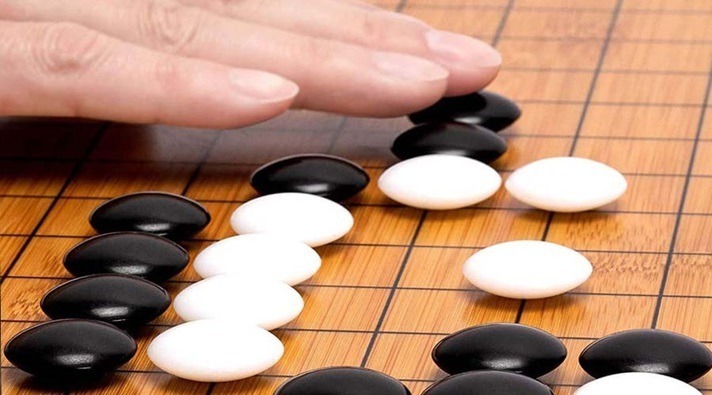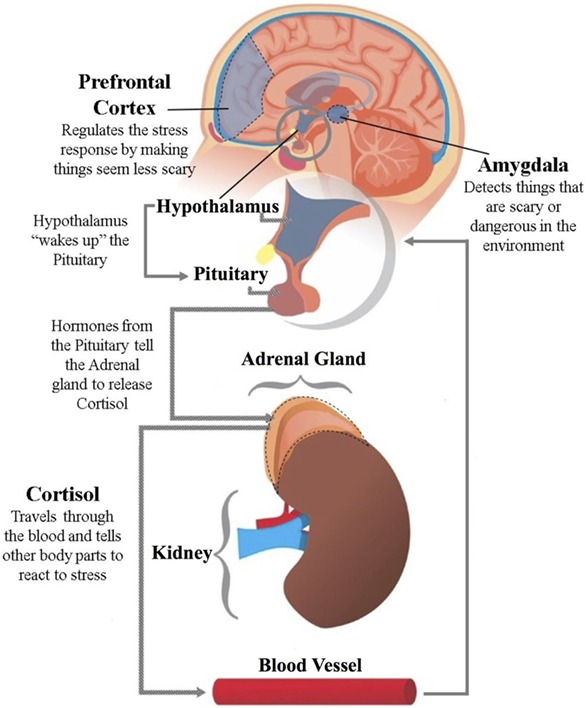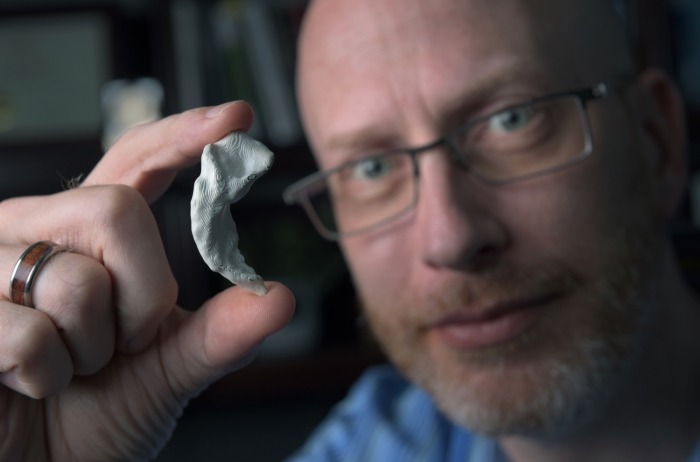Posts Tagged ‘neurobiology’
Study: Playing board games like Chess, Mahjong, Go, helps slow cognitive decline as we age (but with clear differences in neurobiology and improved function)
Playing Board Games May Slow Cognitive Decline, Improve QoL (Medscape): Playing chess or other board games slows cognitive decline and improves quality of life in older patients, results of a new systematic review suggest. … After searching the published literature, Pozzi and his colleagues selected 15 studies for the review. The studies assessed the impact…
Read MorePromote brain plasticity and keep your mind at ease by taking your daily “exercise pill”
As with many other physicians, recommending physical activity to patients was just a doctor chore for me – until a few years ago. That was because I myself was not very active. Over the years, as I picked up boxing and became more active, I got firsthand experience of positive impacts on my mind. I…
Read MoreQ&A with Rick Hanson on Neurodharma, brain science, personal practice and well-being
Psychologist and neuroscience expert Rick Hanson studies the mental resources that promote resilience, from calm and gratitude to confidence and courage. According to Hanson, the coronavirus crisis is exposing some of our psychological vulnerabilities, and reminding us how important it is to nurture our social and emotional strengths. In his new book, Neurodharma, Hanson writes about how we can…
Read MoreOn World Health Day 2020, let’s discuss the stress response and the General Adaptation Syndrome (2/3)
_______ [Editor’s note: Continued from yesterday’s Exploring the human brain and how it responds to stress (1/3)] Stress was put on the map, so to speak, by a Hungarian — born Canadian endocrinologist named Hans Hugo Bruno Selye (ZEL — yeh) in 1950, when he presented his research on rats at the annual convention of…
Read MoreStudy: Why Super Mario 3D World may train your brain better than Angry Birds
Playing 3‑D video games can boost memory formation, UCI study finds (UCI News): “…Craig Stark and Dane Clemenson of UCI’s Center for the Neurobiology of Learning & Memory recruited non-gamer college students to play either a video game with a passive, two-dimensional environment (“Angry Birds”) or one with an intricate, 3‑D setting (“Super Mario 3D World”)…
Read MoreUpdate: How Stress and Emotions Impact Brain Performance
Sponsored Ad (How to Advertise on SharpBrains.com) Time for the October edition of the monthly SharpBrains eNewsletter, featuring this time several articles on the impact of stress, emotions, and self-regulation, on our brain’s structure and performance. We are pleased to bring to SharpBrains readers a new 6‑part series on the Neurobiology of Stress, based on a…
Read More





